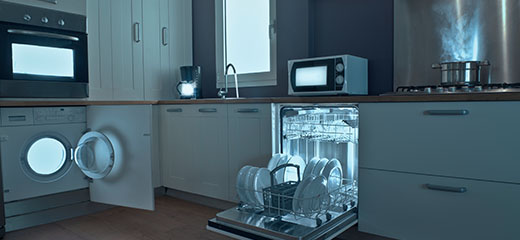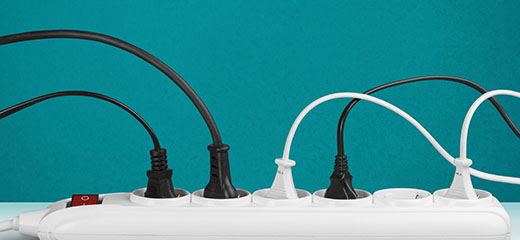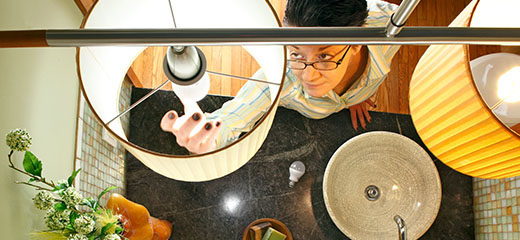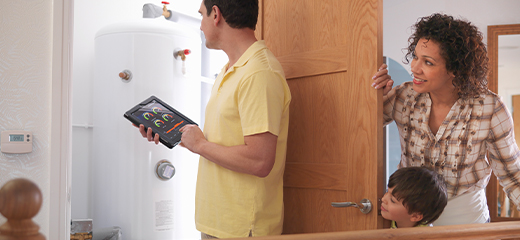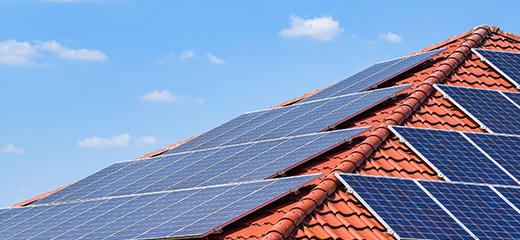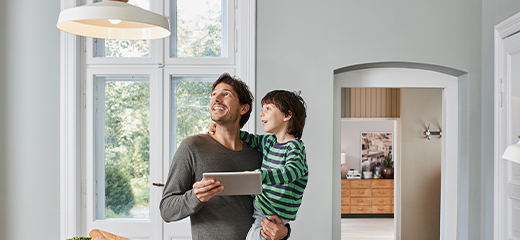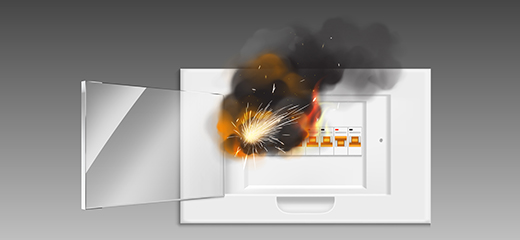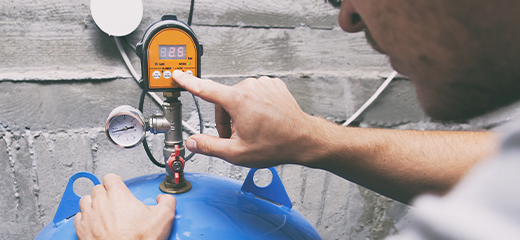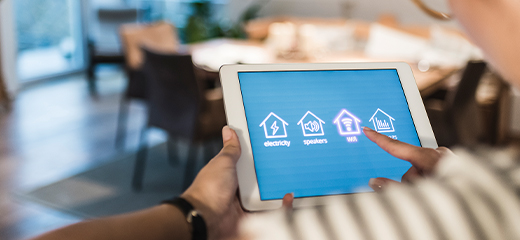
Should you unplug your appliances?
Unplugging or switching off your appliances is a topic that has sparked debates for years. While some people believe that it is a good idea to switch off or unplug your appliances to save electricity and money, others argue that it is not necessary and may even be harmful to the appliance.
To help you make the best choice for your home and lifestyle, we examine both sides of the argument.
Should you switch off?
If you’re wondering whether switching off will save you money, the answer is a definite yes. This is because many appliances continue to use electricity even when they are not in use. This phenomenon is known as standby power consumption and is often referred to as vampire appliances.
As an example, a TV that is left on standby mode can consume up to 30 watts of power per hour, which over the space of a month is 21.6 kilowatts. If you’re only watching TV on average for 4 hours a day, this means you are paying for 18 kilowatts that you aren’t using.
Of course, the more appliances you switch off at the wall or unplug, the higher your electricity reduction and the lower your monthly bill becomes.
Another advantage to switching off appliances at the plug is that this can also help to prolong the lifespan of your appliances. This is because many appliances contain delicate electronic components that can be damaged by surges of electricity. This argument is particularly relevant for South Africa as power surges are causing untold damage to appliances when electricity is restored after loadshedding and power outages.
By switching off the appliance at the plug, you can avoid these surges and keep your appliance in good working order for longer. What’s more, switching off will also prevent your appliances from overheating, which can cause fires.
Should you keep it on?
There are also arguments for keeping appliances running all the time. For many, it’s a case of being unnecessary as newer appliances are designed to consume very little energy when they’re not in use. This means that standby power consumption is minimal and that the electricity savings from switching off the appliances at the plug are likely to be small.
And when weighed up against the inconvenience of going around the house switching off or unplugging, many homeowners simply feel the savings are not worth it.
Thought should also be given to the fact that switching off or unplugging is not a one-size-fits-all scenario. In fact, it’s essential that some appliances such as fridges, freezers, fish tanks and security systems run continuously.
Some appliances, such as computers and TVs, are also more sensitive to power surges and switching them off at the plug may cause them to malfunction or become damaged. This is a tricky situation for homeowners to tackle as loadshedding and power outages take the decision out of their hands. If you don’t have an uninterrupted power supply or power backup system for these devices, it may be more worthwhile to keep them turned off until 10 minutes after power has been restored in your area.
The smart way
If the inconvenience factor is getting in the way of you protecting your appliances and saving money on your monthly electricity bill, turning to technology may be your answer.
Advances in Internet of Things (IoT) technology has seen a number of smart device options introduced to the home market. These devices are Wi-Fi enabled and allow homeowners to manage a variety of appliances and systems from the convenience of an app on their smartphones or the internet.
One such option is the smart plug, a device that sits between the wall socket and appliance plug. These plugs can be remotely controlled through apps or web pages allowing homeowners to easily turn power supply on and off regardless of where they are. Not only does this remove the need to roam the home turning off plugs, but it also allows homeowners to protect against post-loadshedding surges even when they are at work. What’s more, some smart plugs can even tell you how much electricity is being consumed through that plug socket and how much it is costing you.
If you’re thinking of getting smart plugs for your home, choose a reliable brand that you’ll be able to find again. This will come in handy if you decide at a later stage to extend your control to other areas of your home and don’t want to add another app to your phone. While you’re at it, make sure your chosen smart plug has built-in surge protection to keep it in good health no matter the stage of loadshedding.
LookSee has a range of bank-vetted products and services to meet your needs.
